Coming face to face with a prospective employer can be daunting. The more prepared you are the better your chances. Listed below are some helpful tips on how to have a successful interview.
Prior to Interview
Before you go to an interview you need to prepare. Do as much "homework" on the Company as you can to find out about the business they are in. Most companies will have a website containing lots of information. If not, use more traditional methods such as the local library or simply call and ask them to send you some information.
Make sure you have a full understanding of all the duties and skills required within the role. Re-familiarise yourself with your CV and be prepared to describe your previous roles and responsibilities. Be prepared to describe how you meet the requirements of the position you will be interviewed for.
Always ensure you know exactly where your interview will take place and give yourself plenty of time to get there. If possible, do a trial run a few days prior to the interview, to make sure you know exactly how much time you will need to get there. Be mindful of traveling during rush hour as this can sometimes double your traveling time.
Make sure you know the name(s) of the person or people interviewing you. Check beforehand if you need to take anything with you or if any assessments will be taking place.
Dressing for an interview
Recruitment decisions are based on several different factors, but it is worth remembering that first impressions count. You should dress appropriately for the position you are applying for. Listed below are some tips on how to dress for an interview:
Wear a businesslike suit in a conservative colour
Clean, unscuffed shoes
Clothes are clean and crisply ironed
Hair is clean and neatly styled
Keep perfume/aftershave to a minimum
During the interview
Always be polite and friendly to everyone that you meet and if appropriate, make conversation with the reception staff.
When you enter the room, stand up straight, smile and give your interviewer a firm handshake.
Don’t get flustered, speak clearly and calmly.
Remember that an interview is a two-way process.
If you don’t fully understand a question, ask for it to be repeated. If you can’t answer a question because you don’t have the relevant experience, try to give an answer that is as close as you can to what they are looking for. Keep to the point and answer the question that has been asked. Don’t get sidetracked and go off the point. If you feel that you have not been asked enough questions or feel you need to further express your suitability for the role, ask them if you can tell them more about yourself and possibly ask a couple of questions that are relevant to the company and the position.
If appropriate, ask how many other people are being interviewed for the position, what the next stage will be and when you can expect to hear from them.
Finally, thank your interviewer for their time, smile and give them a firm handshake.
Interview Do’s and Don’ts
Do prepare fully for your interview.
Do feel comfortable with your clothes but be smart and businesslike.
Do smile and be polite to everyone you meet.
Do make sure you get there on time, if you are late make sure you call to let them know.
Do think positive and relax.
Don’t be rude or offhand to anyone you meet.
Don’t make critical comments about former employers.
Don’t tell lies as you’ll nearly always be found out.
Don’t underplay your achievements, sell yourself.
Don’t panic.
Frequently asked questions
Most interviewers will ask some similar basic questions. Prior to the interview you should already be thinking about the questions you might be asked and how you will respond to them. Listed below are some examples of some typical interview questions. If you can try and familiarize yourself with these and how you might respond, you’ll be ready to answer them in a calm and positive manner. Some typical questions are:
What are your strengths and weaknesses?
What are the main responsibilities in your current role?
What do you most enjoy about your current role?
What do you enjoy most about working as part of a team?
Can you describe a time when you’ve faced a difficult challenge and how you overcame it?
What interested you in this position?
What skills could you bring to this position?
Why do you want to change your current company and role?














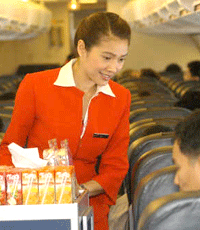
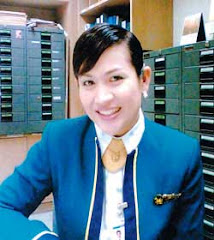
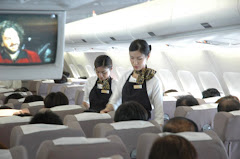
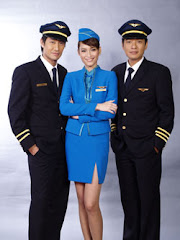








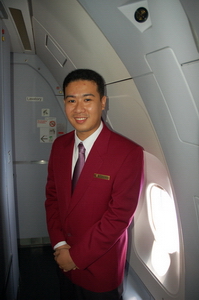
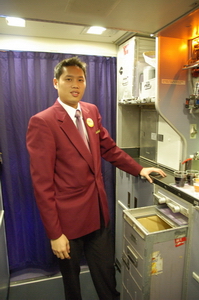

No comments:
Post a Comment